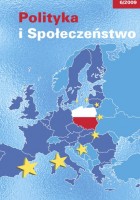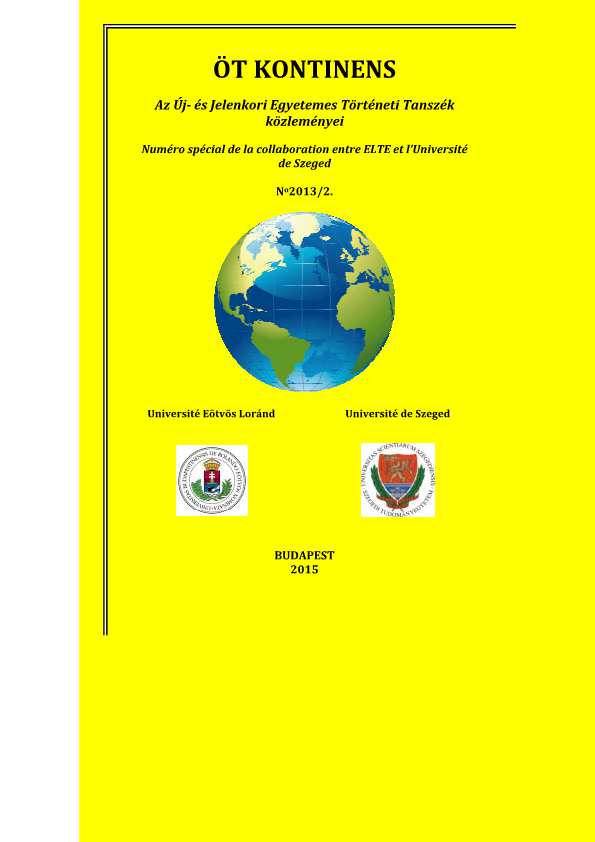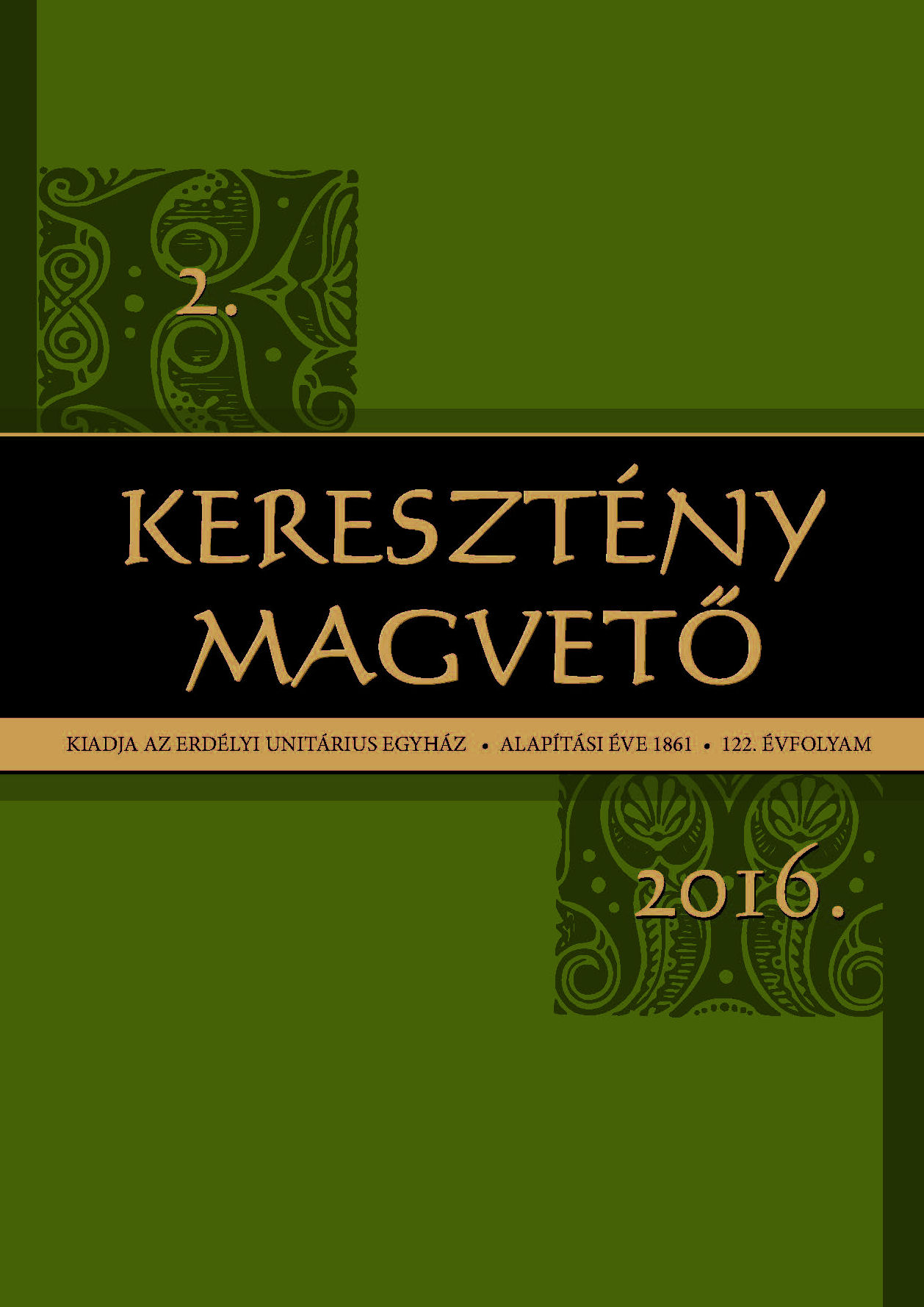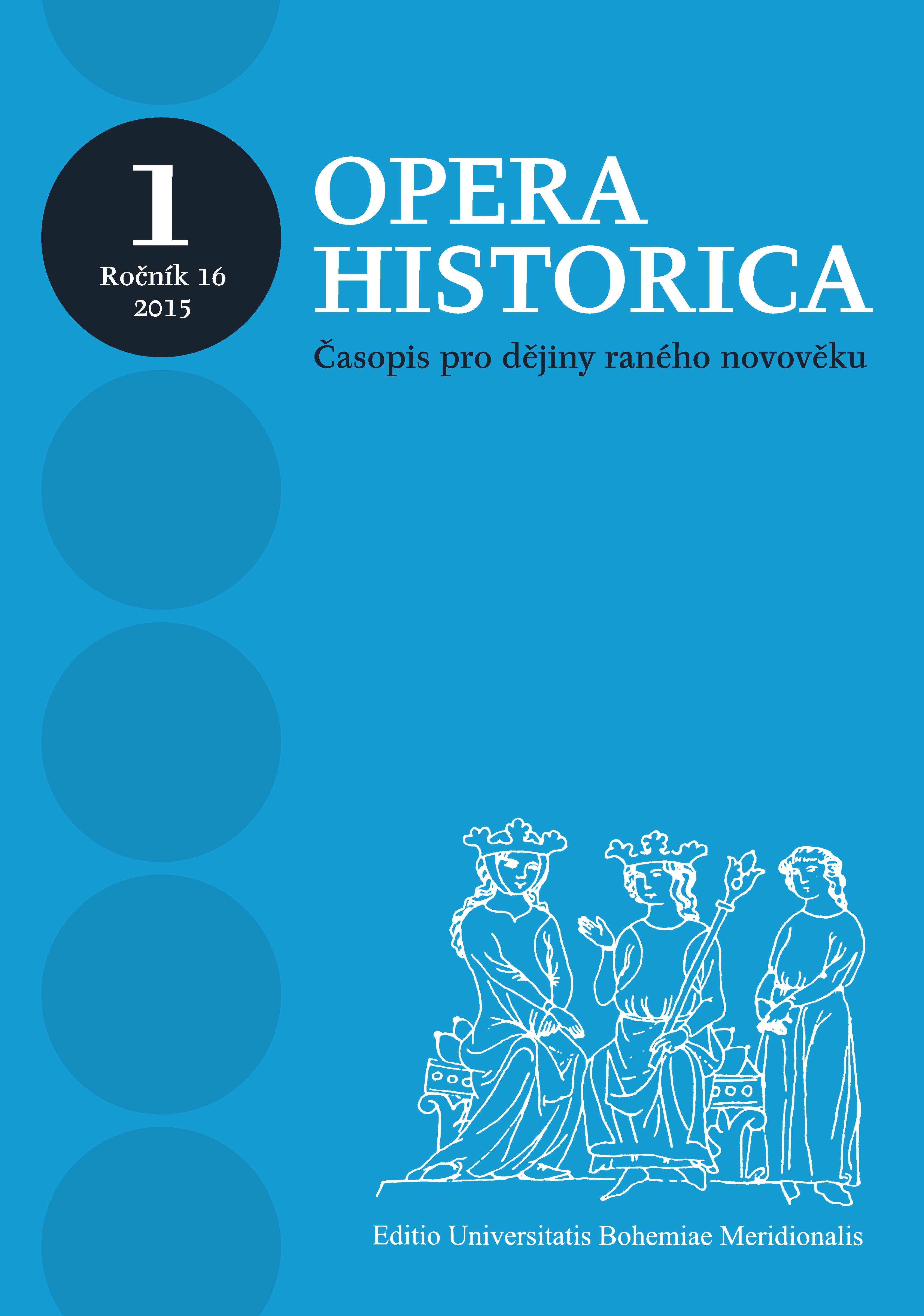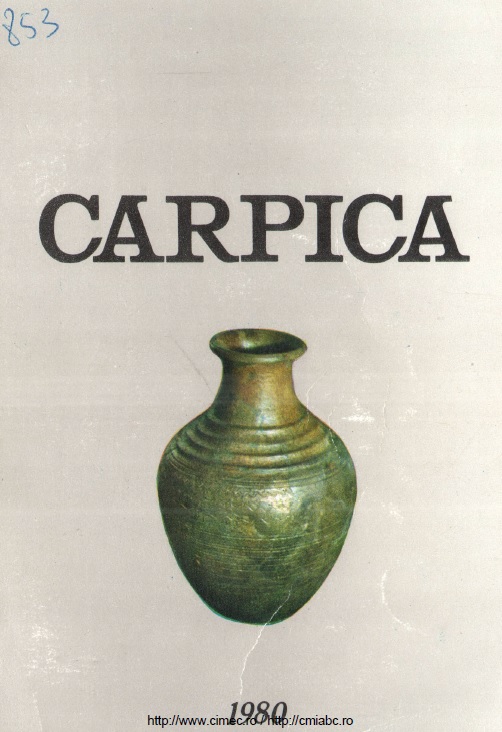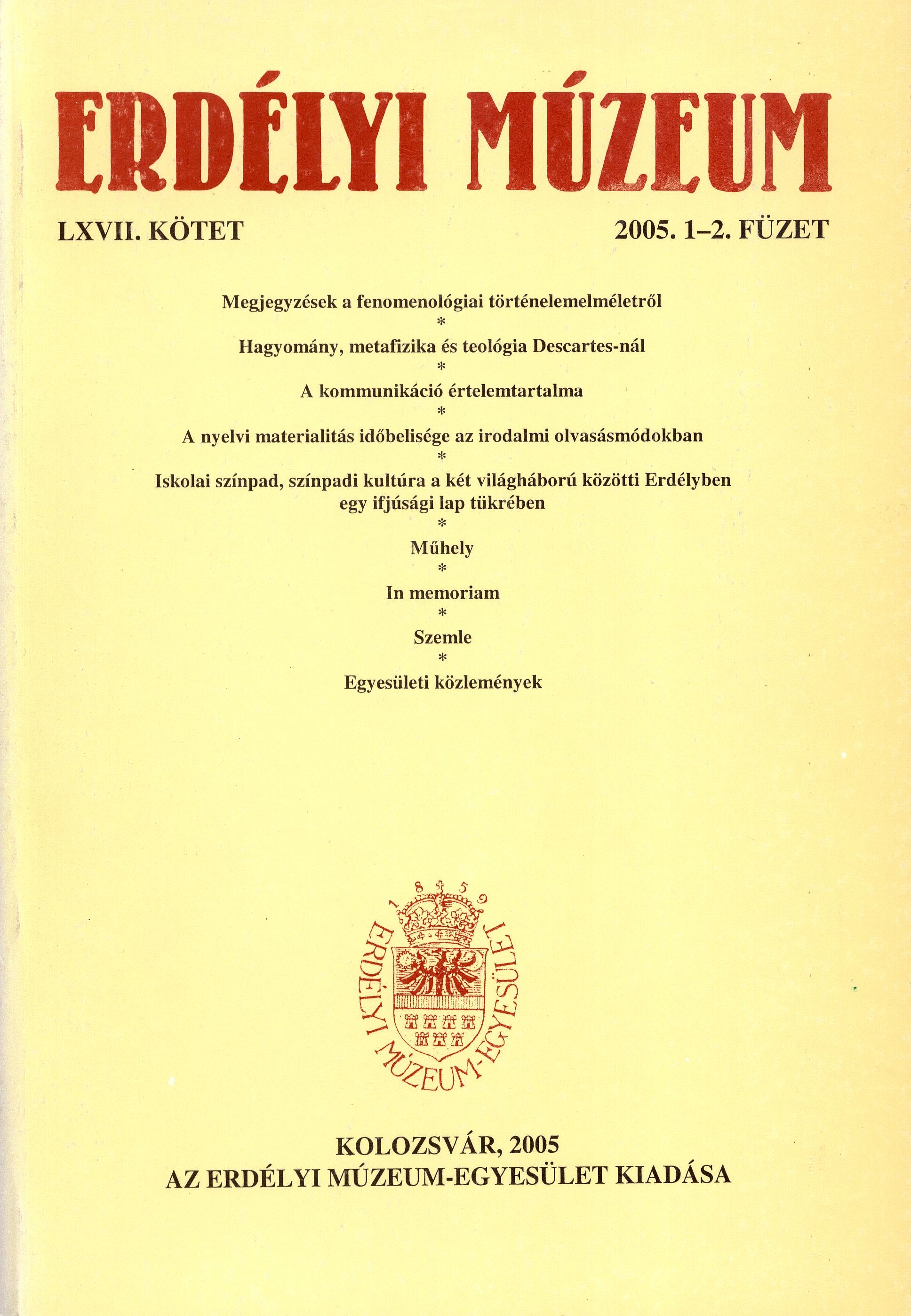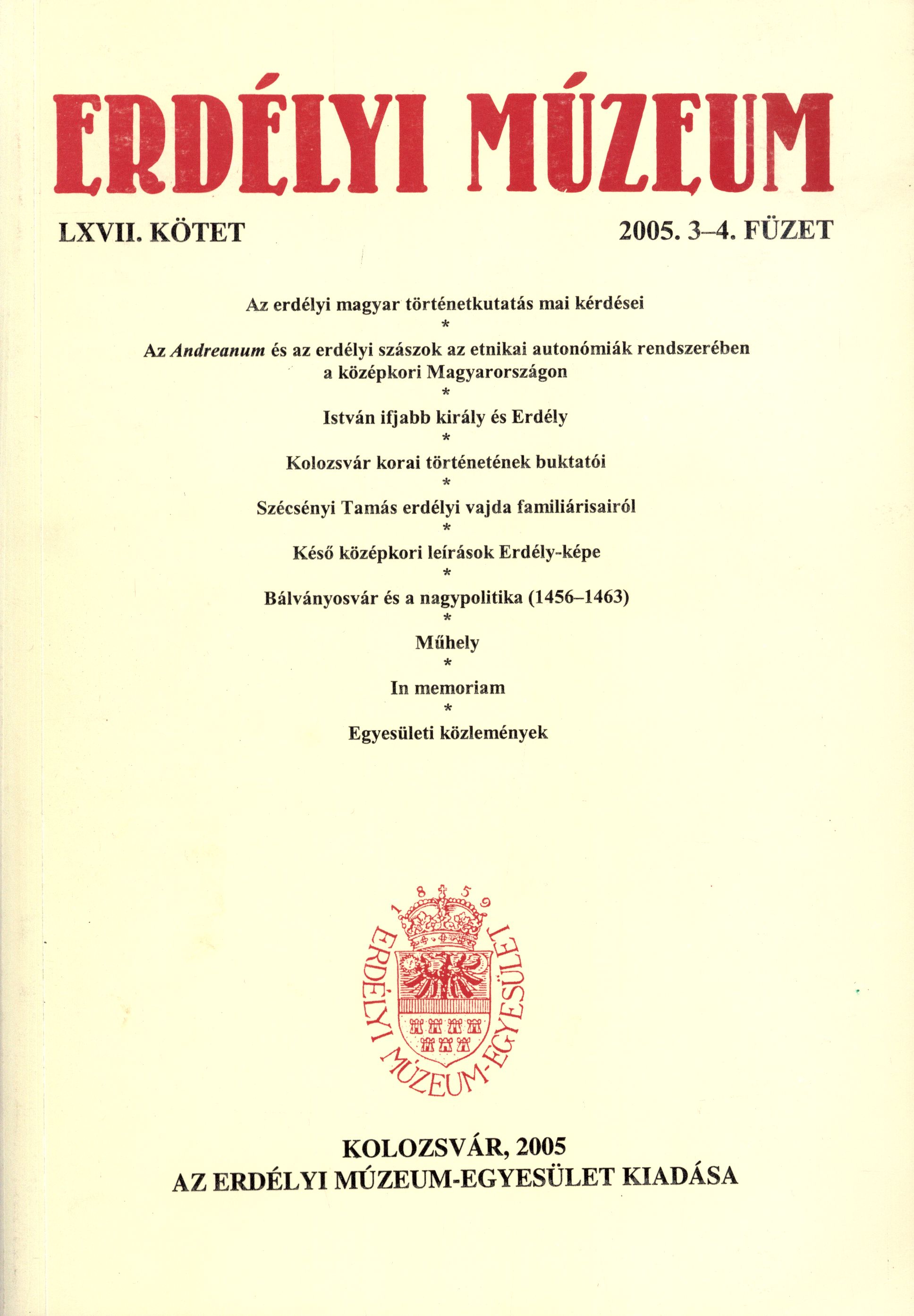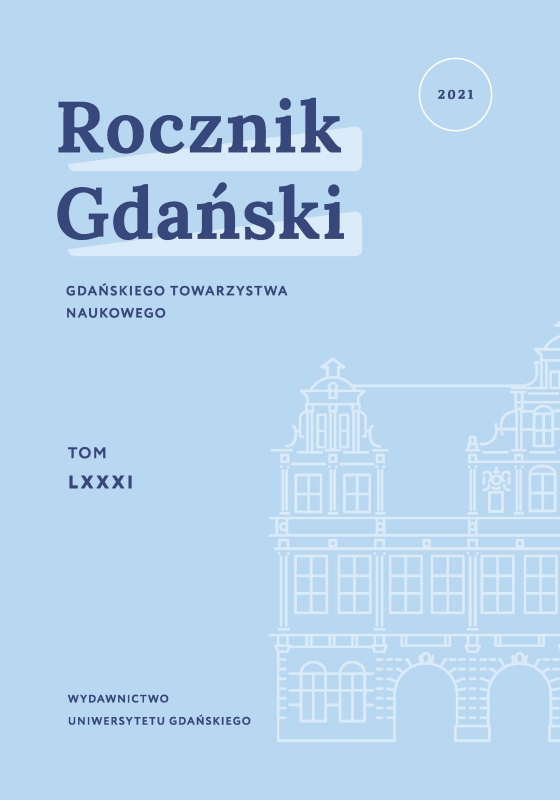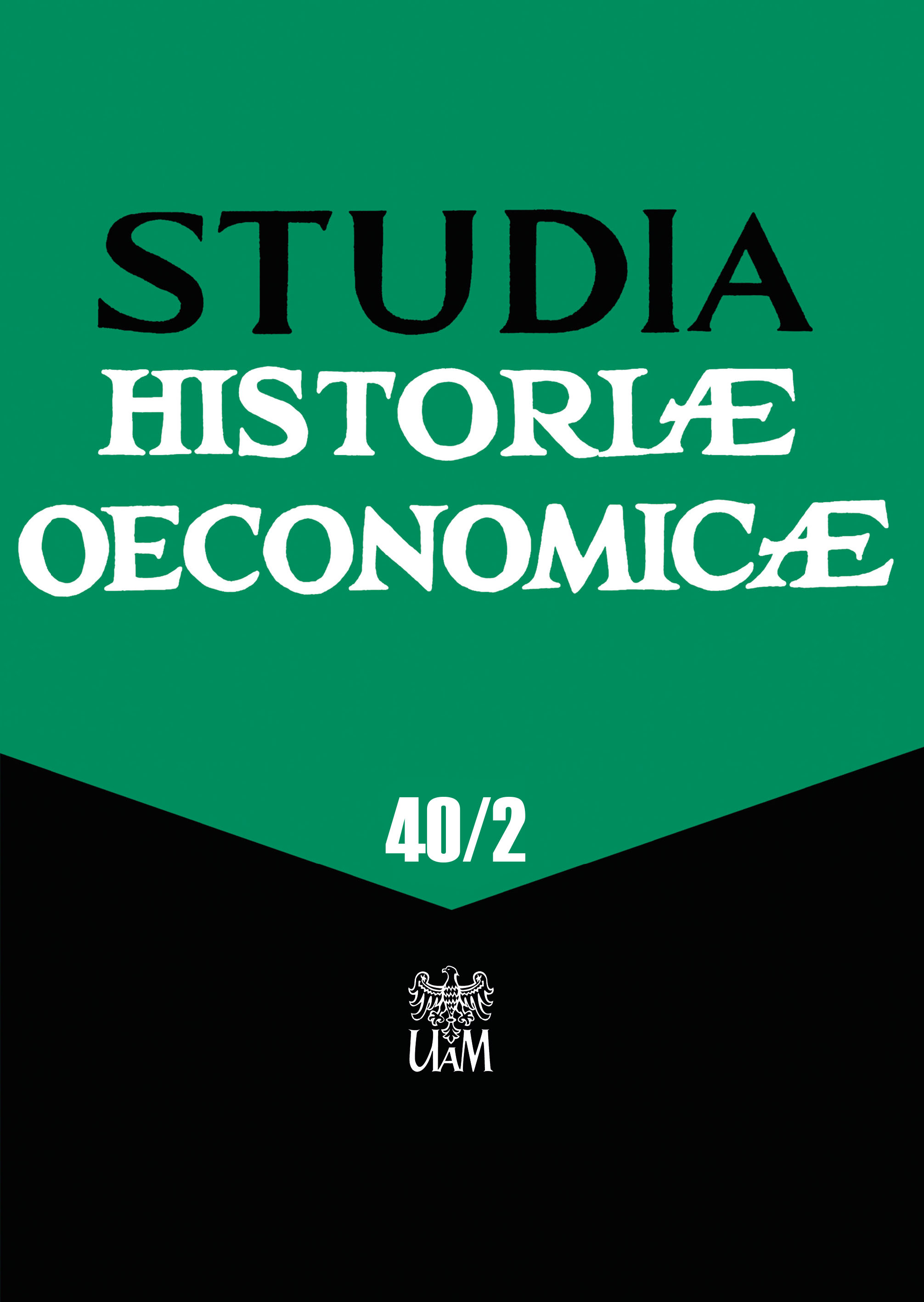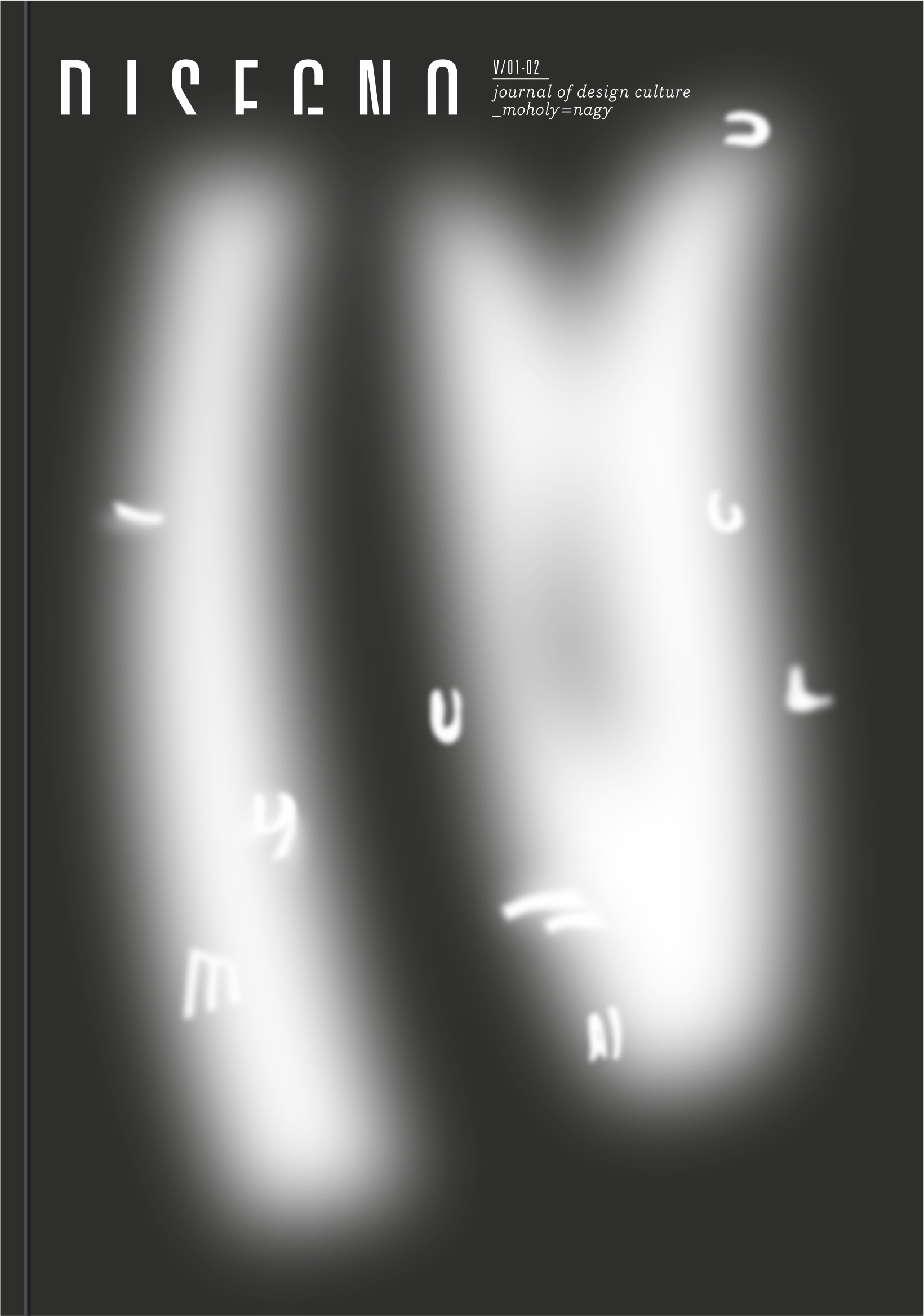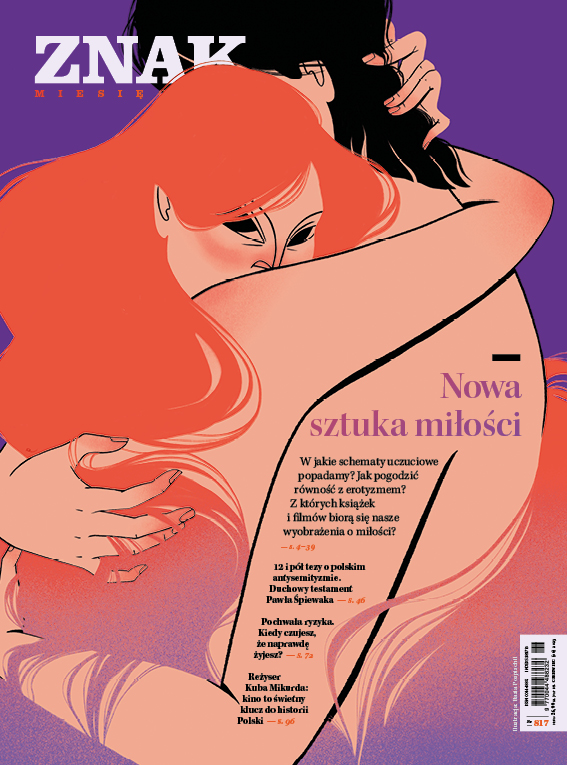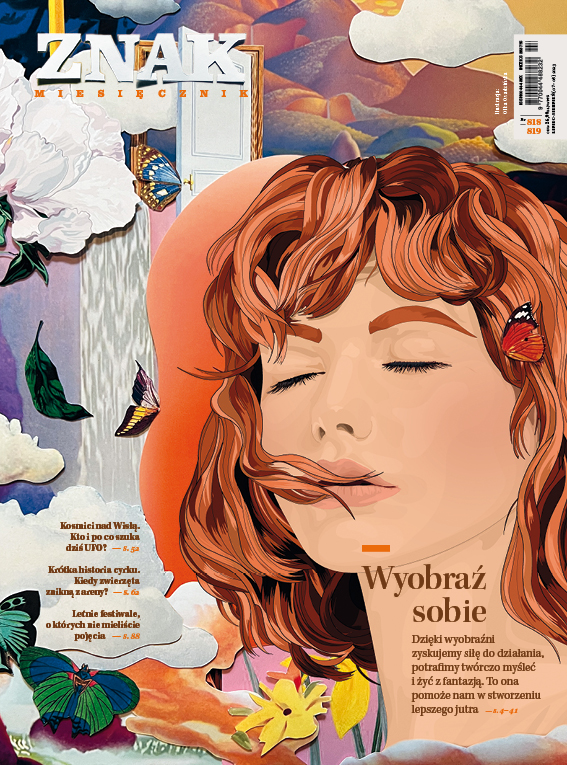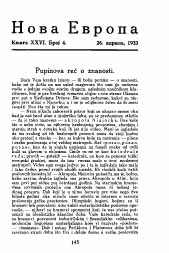
Pupinova reč o znanosti
Daću Vam kratku izjavu - ili bolje poruku - o znanosti, kako mi je došla na um usled razgovora što sam ga nedavna vodio s jednim svojim starim drugom, uglednim naučnikom klasičarem, koji je pre kratkog vremena stigao s one strane Okeana prvi put u Sjedinjene Države. Bio sam radoznao, kakvi su njegovi prvi utisci o Njujorku; a i on je očigledno želeo da ih meni saopšti. Evo šta mi je rekao.
More...
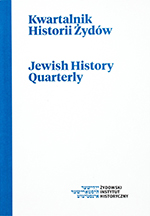
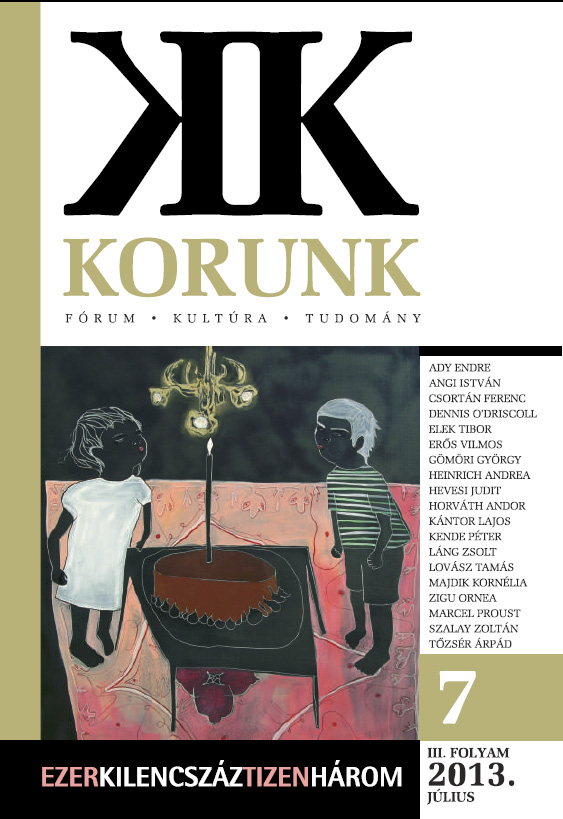
![Dušan Berić, Hrvatsko pravaštvo i Srbi [The Croatian Rightist movement and the Serbs], I-II. Novi Sad: Orpheus, 2005, 720 + 698 p.](/api/image/getissuecoverimage?id=picture_2015_22003.jpg)
